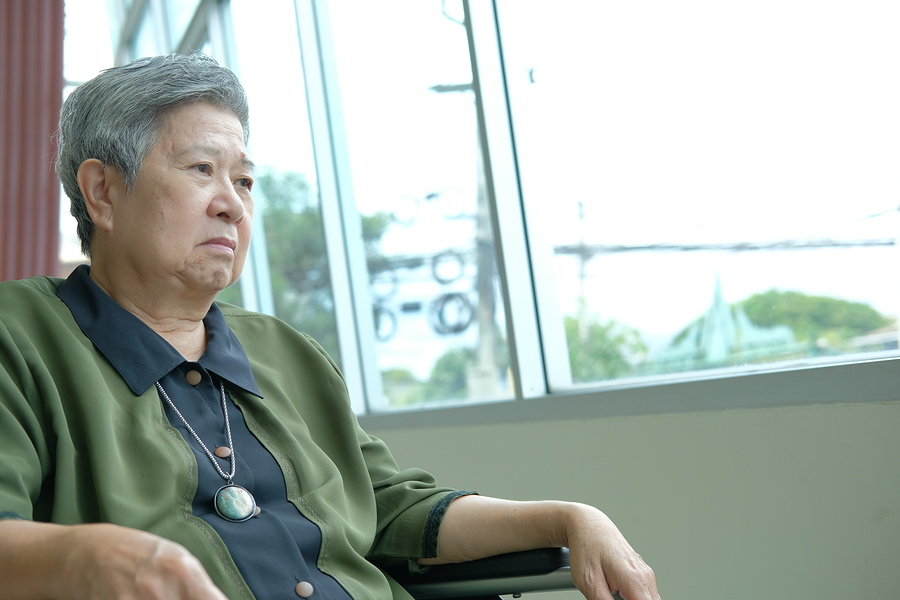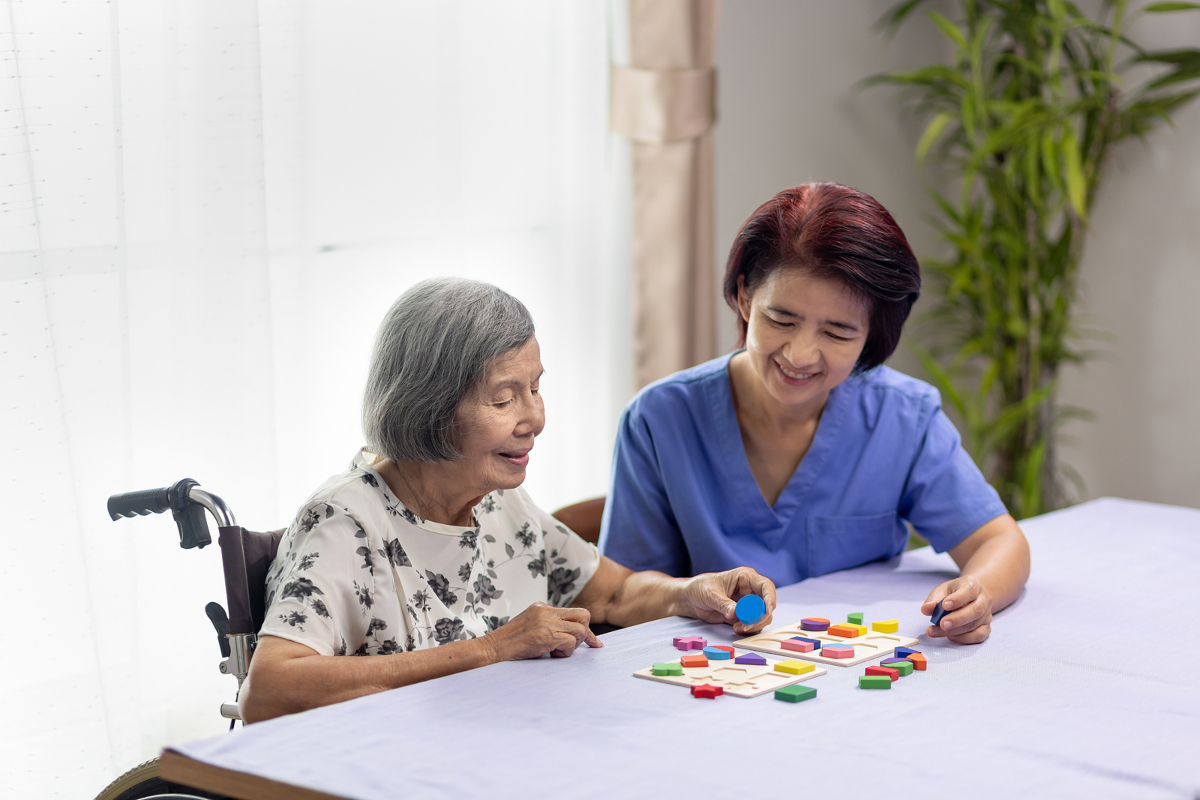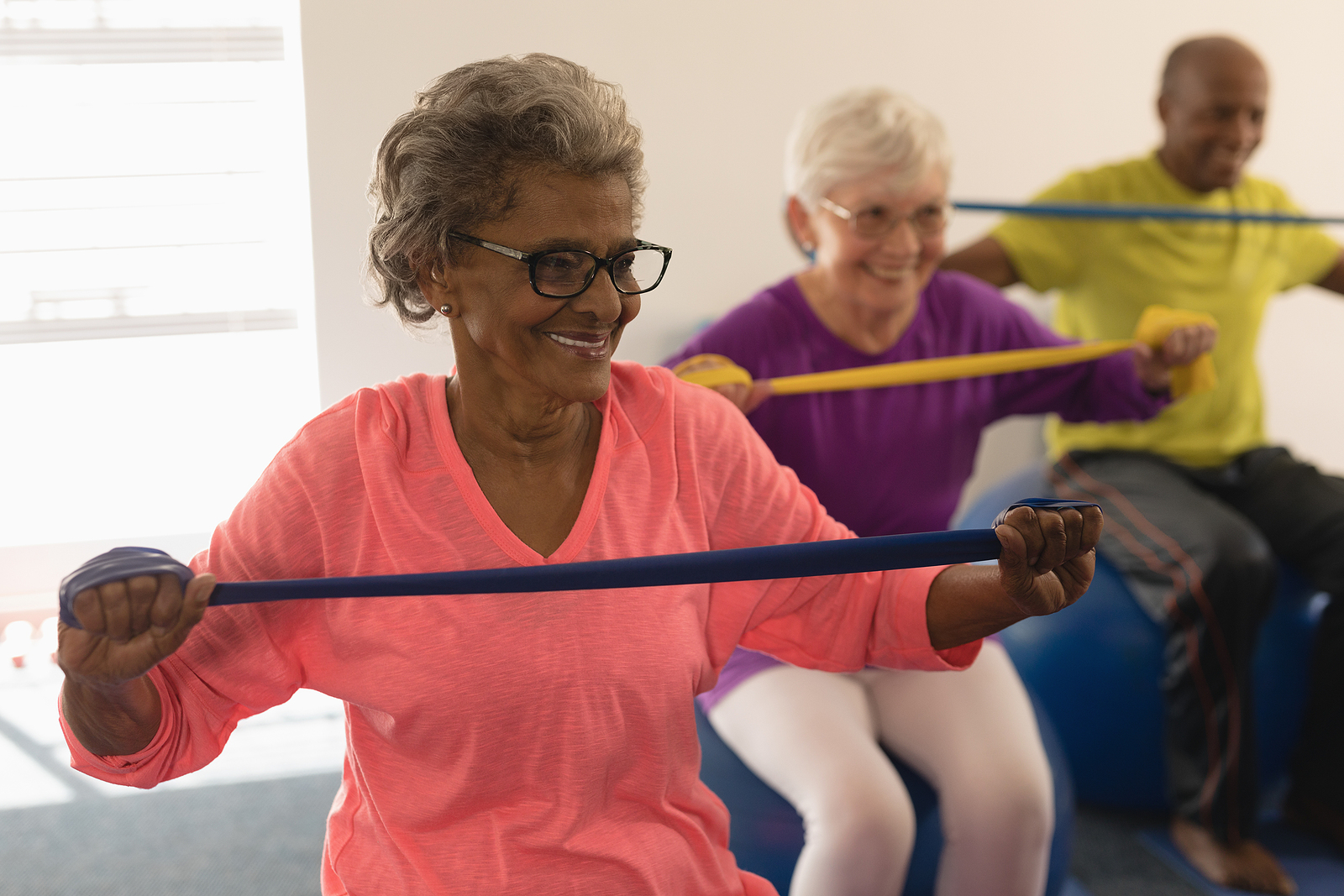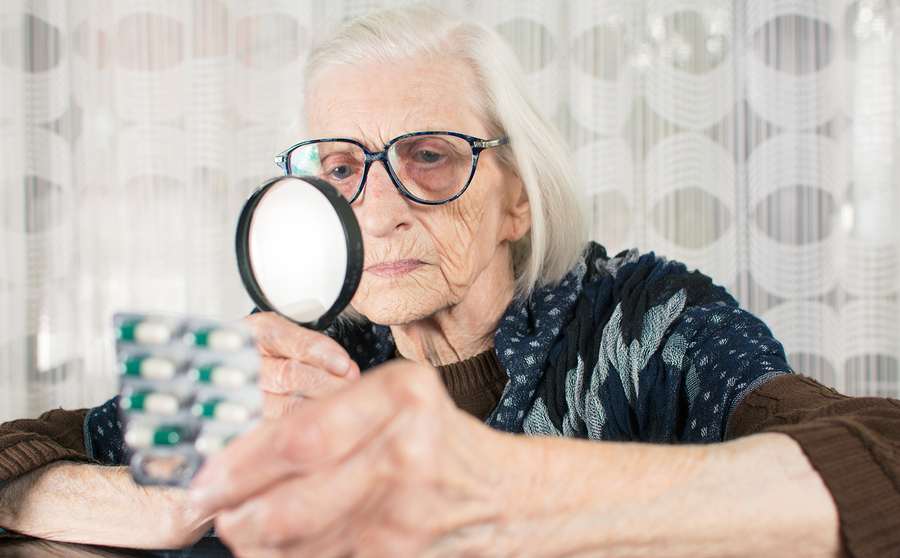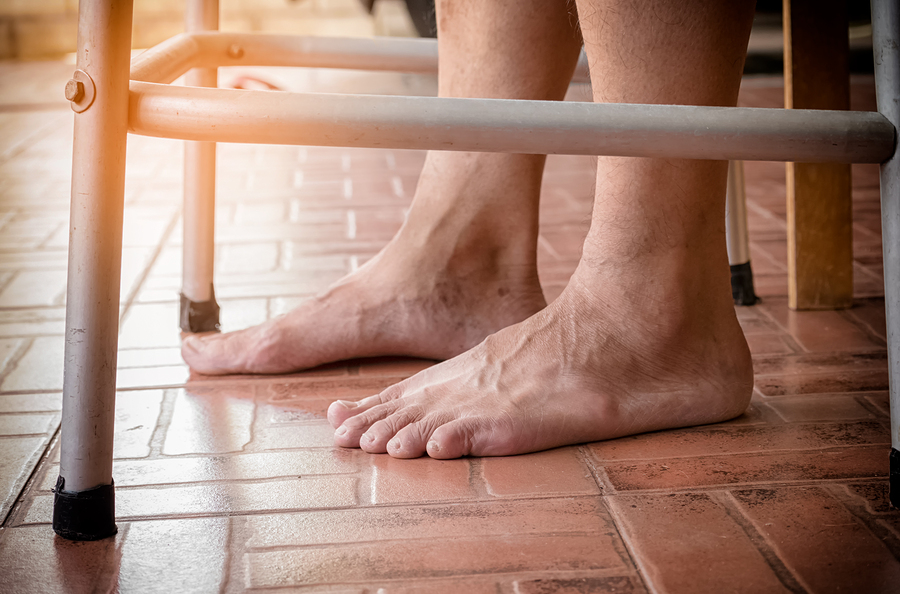Seniors face a lot of different health issues, including depression. While it might seem that aging adults are more prone to depression, that’s not really true. They can very easily experience depression, however, especially if they spend too much time alone. There are other factors that can contribute, so it helps to understand what they are and what might help. One solution that works well is companion care at home.
Physical Health Problems
Physical issues, like health problems, are a common reason for seniors to become depressed. It’s understandable how that could cause distress for someone, especially when illness affects mobility and causes pain. Constantly struggling with health problems is not enjoyable and seniors may self-isolate. When companion caregivers stop by and spend time with them, that can help immensely.
Grief and Loss
Often seniors have experienced a lot of loss and grief throughout their lives. This can leave them feeling alone. Experiencing multiple losses makes it difficult for seniors to bounce back and cope with life’s demands. Spending time with other people can often help to alleviate some of those feelings.
Social Isolation
Seniors can become isolated for a lot of different reasons. They may gradually experience worsening mobility which keeps them home alone more or they may find that friends and family members move away or are increasingly busy with their own issues. For whatever reasons seniors are more isolated, what matters most is that they find a way to spend time with others. Companion care at home can do that for them.
Cognitive Changes
Seniors who are experiencing cognitive changes may need more hands-on help from home care providers. But they can also feel more isolated and experience depression because of the changes they’re experiencing in their lives. Routines that include time with companion caregivers can help seniors feel connected to the world around them again.
Medications
Sometimes the medications that seniors take to solve some of their health problems have side effects that aren’t very fun, like depression. If this is the case, seniors may want to talk to their doctors about what options might work better for them, if possible. Sometimes that isn’t possible, so it’s important for seniors to look for other ways to reduce depression, like spending time with other people and on self-care.
Changes in Living Situations
When seniors have to face changes in their living situations, especially ones they weren’t prepared to experience, that can lead to depression. Becoming more comfortable at home and having companion caregivers available to spend time with them can help quite a bit. Stability and a sense of security are easier to experience when seniors have something to look forward to.
If seniors are experiencing depression, it’s important for family caregivers to take the time to figure out what might be contributing to the depression. The solution might not always be as easy as bringing in companion care at home, but having someone to spend time with regularly is something that can be a positive solution regardless.
If you or an aging loved one is considering companion care at home in Clayton, CA, please contact the caring staff at Golden Heart Senior Care of Walnut Creek. (925) 203-3039.
